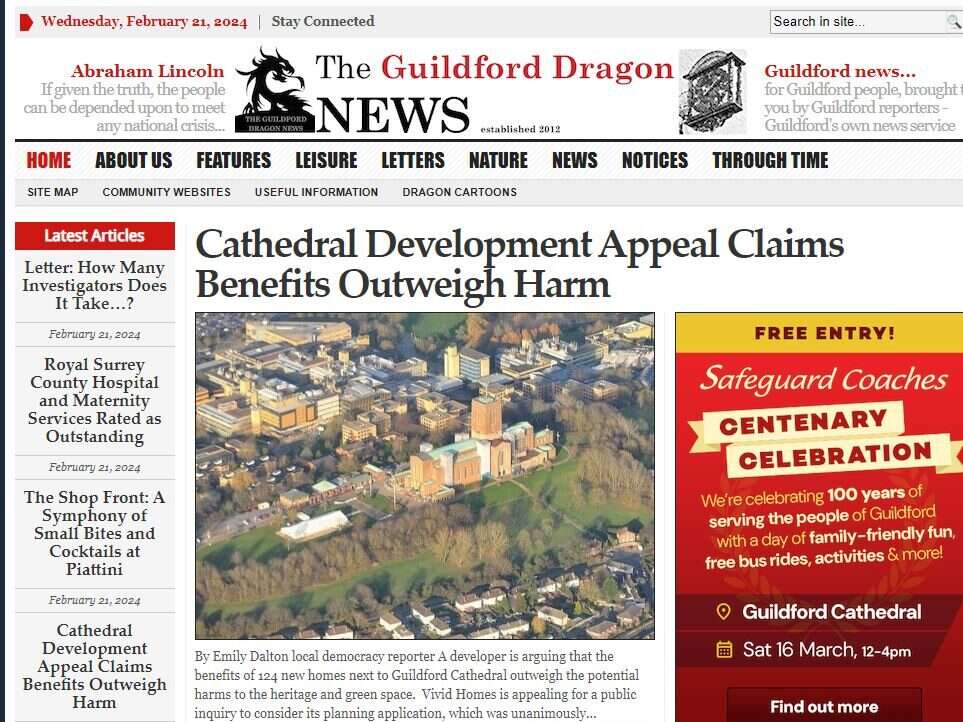
Watching the gradual collapse of Britain’s local news media is like witnessing a car crash in very slow motion. The disintegration is often measured by the number of local titles that have been shut and silenced. But that count leaves out the deterioration of publications which still exist but have shrunk their reporting. Last week Press Gazette came up with numbers which give a more accurate picture.
Newsrooms need journalists to report and revenue to pay them. Dominic Ponsford looked at the 2022 financial numbers in the three companies that dominate local written and compared them with the same things in the nine companies which were in business in 2007 (and subsequently absorbed into the big three: Reach, Newsquest and National World).
Payrolls and income have slumped. In 2007 there were just under 9,000 journalists in these companies and in 2022 just under 3,000. Ad revenue over the same period fell from £2.4bn to £590m. Matters have got worse since: there were further job losses in 2023. The fact that these titles are still publishing does not alter the fact that, editorially, many are unravelling. They do not have the resources to do what they were built to do.
But despite this grim update, last week saw a small revolution which will be part of the solution. A Surrey news website called the Guildford Dragon News was officially registered as a charity. If that does not sound earth-shattering, let me explain.
Becoming a charity will allow the Dragon to ask its readers and philanthropic foundations (which often only give to established charities) for donations and get a 20% tax back on that money. They will be able to tell their readers that their editorial standards and integrity are liable to be inspected by – among others – the Charity Commission.
For some years past a few voices have suggested that if the rescue of local news lies in the hands of fragile start-ups all over the country, then one way to boost their chances of survival would be to allow some of them to operate as charities. The Charitable Journalism Project (CJP) has made this case; committees of both the House or Lords and Commons have endorsed the idea. The government has turned a deaf ear. The Charity Commission, although allowed under law to adapt charity status to fit changing circumstances, resisted applications from providers of local and community journalism.
That reluctance has gone. For the Commission has not merely registered the Guildford Dragon News but in doing so has for the first time explicitly acknowledged that “local public interest news” is what the Dragon does. What the Commission calls its “charitable objects” write a template which should be an opportunity for local news organisations.
There are conditions. The Dragon must not carry journalism which is “politically motivated, biased, inaccurate or which fails to observe a person’s right to privacy”. Note that this does not stop the expression of strong opinion, only opinions consistently driven by a political organisation or programme. Crucially, the conditions do not interfere with the traditional mix and variety of local journalism, saying that “incidental items” which don’t count as public interest news are allowed as a means of bringing in income and to increase audience, reach and impact. Advertising income is allowed.
This change of heart by the charity regulators opens a door through which other local and community newsrooms can now go. Charity status is not for everyone: some may not qualify, some may baulk at the regulation. The process of applying needs specialist legal help. The Dragon could not have made it through the process without support for its legal costs from the Public Interest News Foundation (PINF).
But the long battle to establish that local public interest news can be charitable has been won.
Email pged@pressgazette.co.uk to point out mistakes, provide story tips or send in a letter for publication on our "Letters Page" blog
